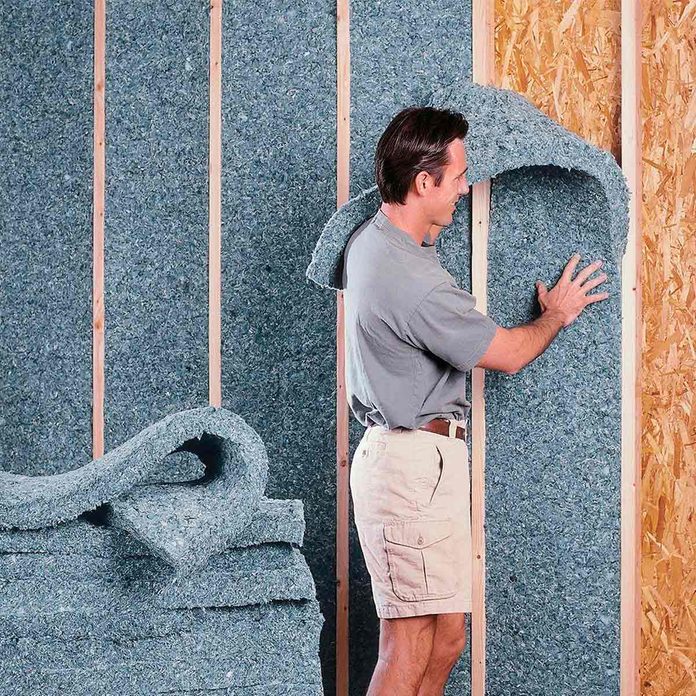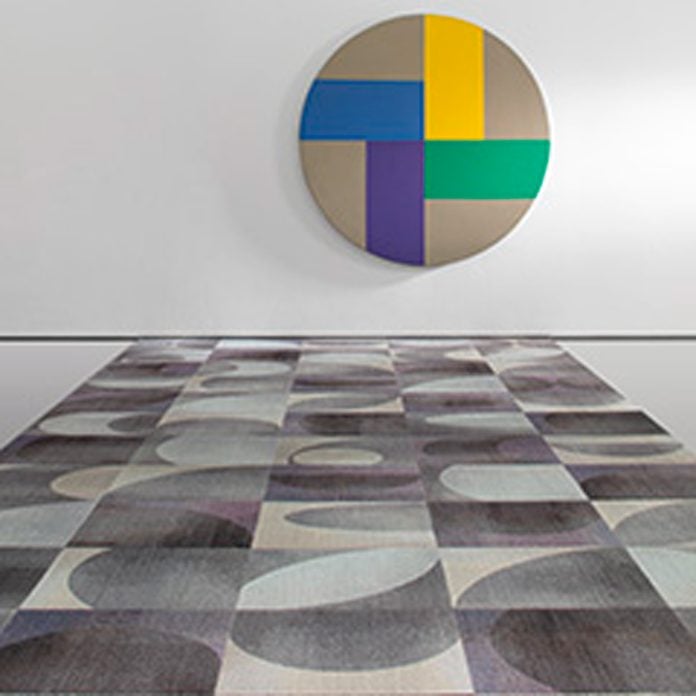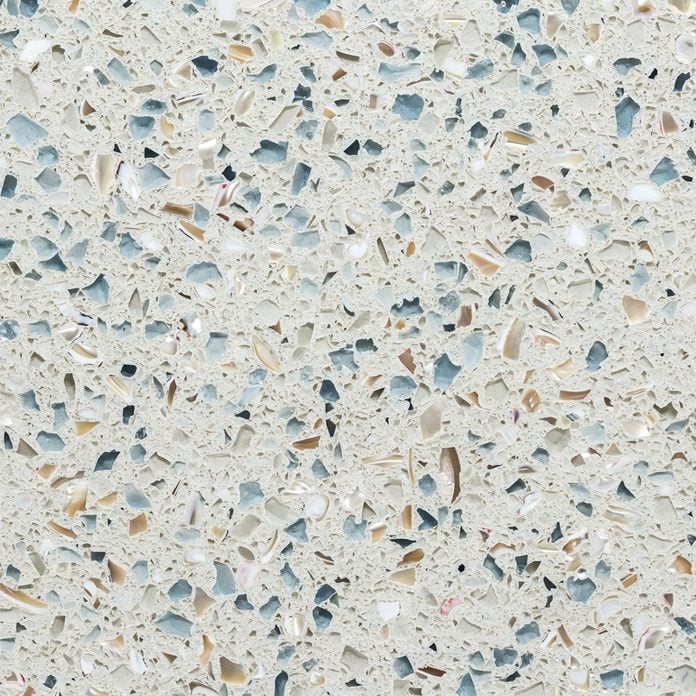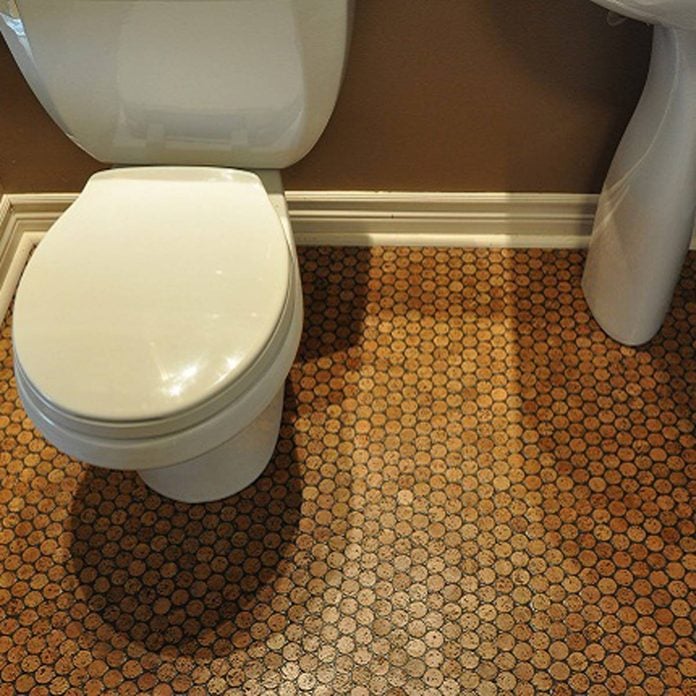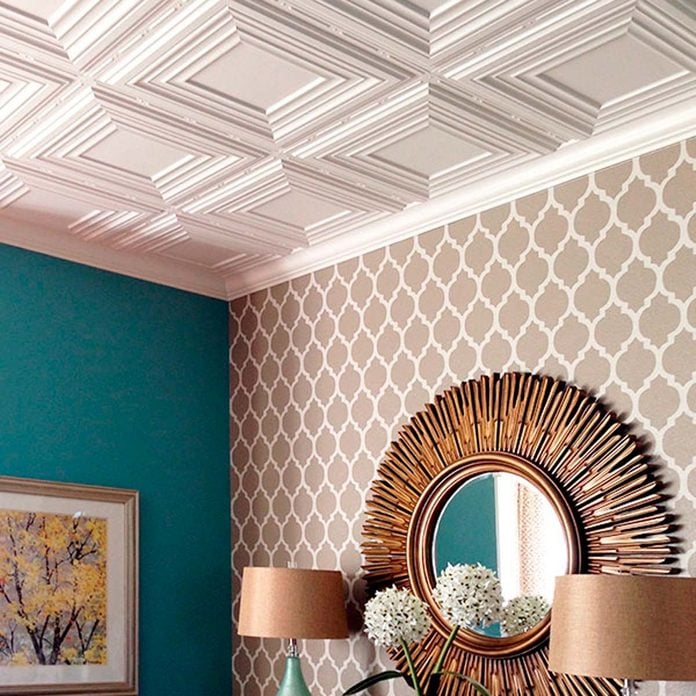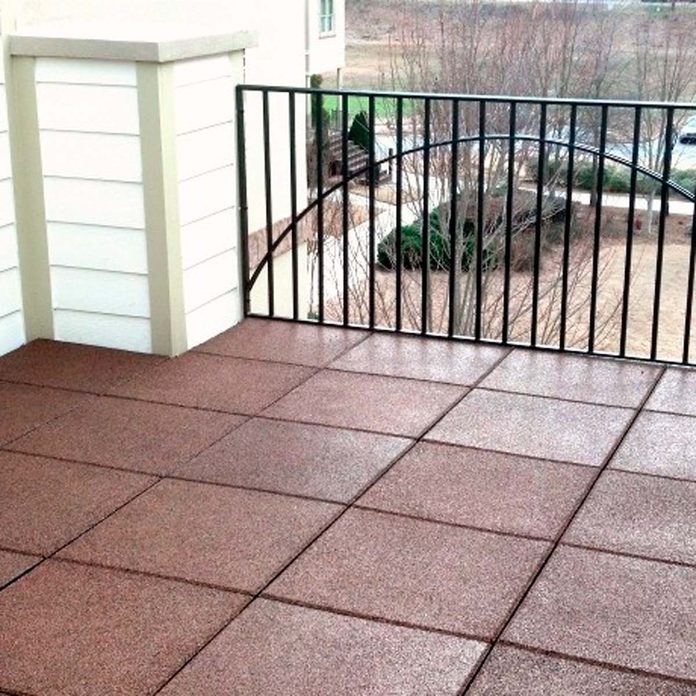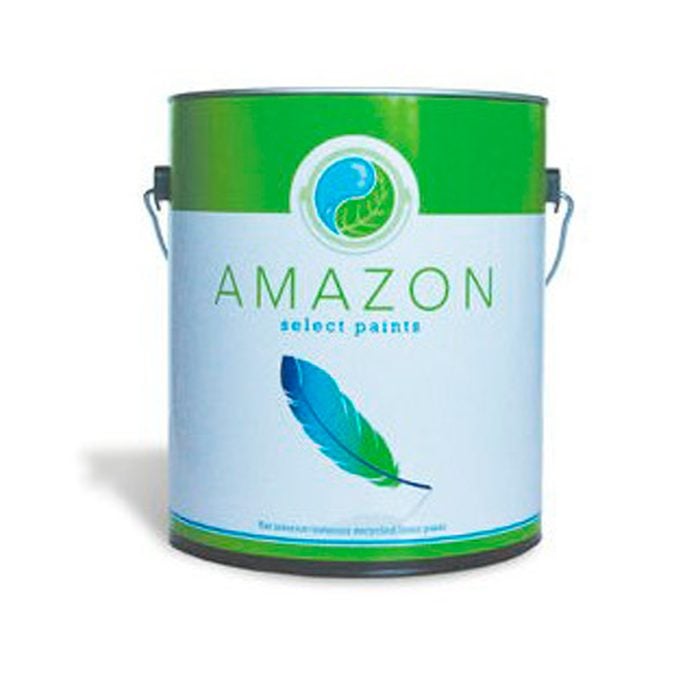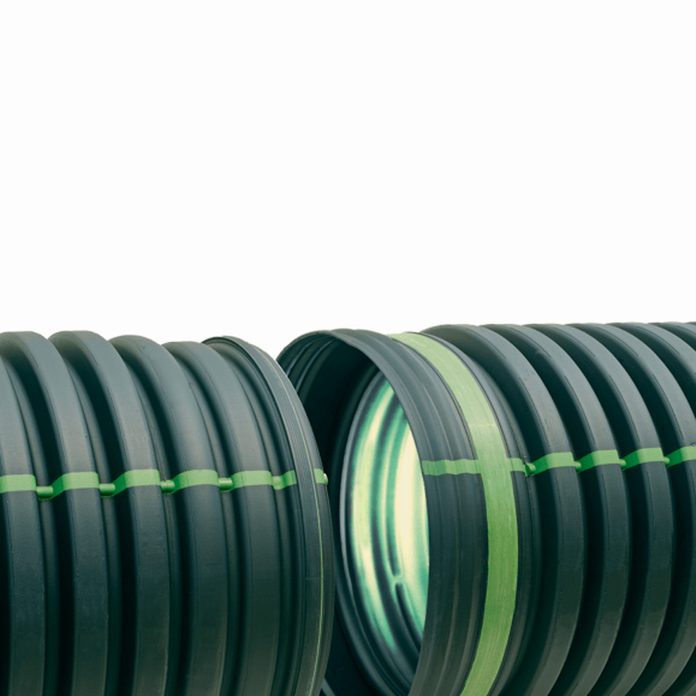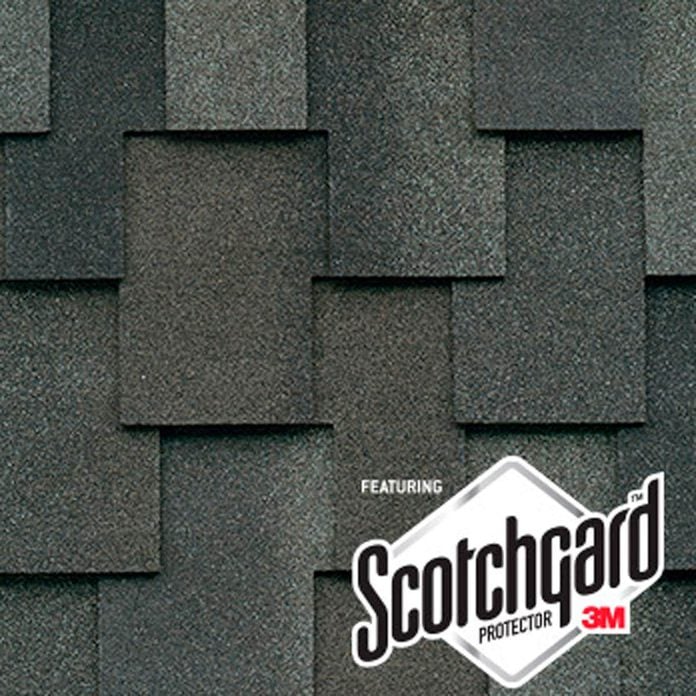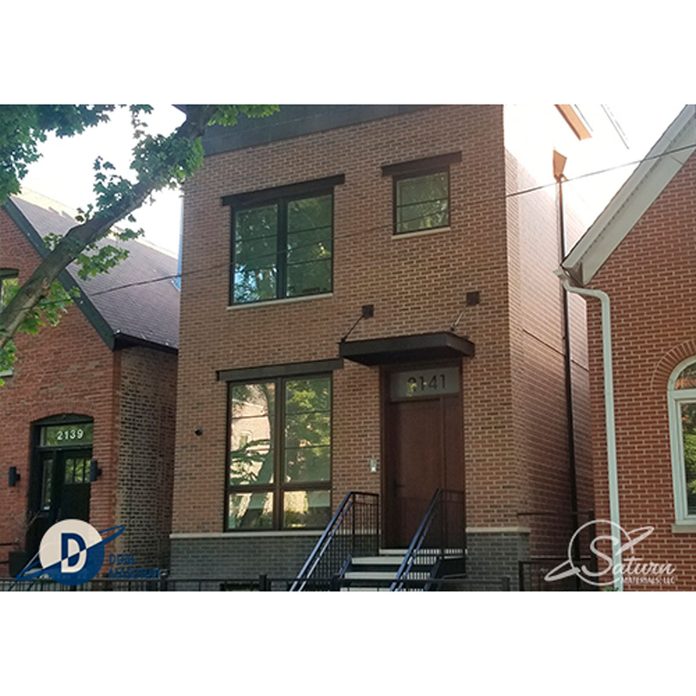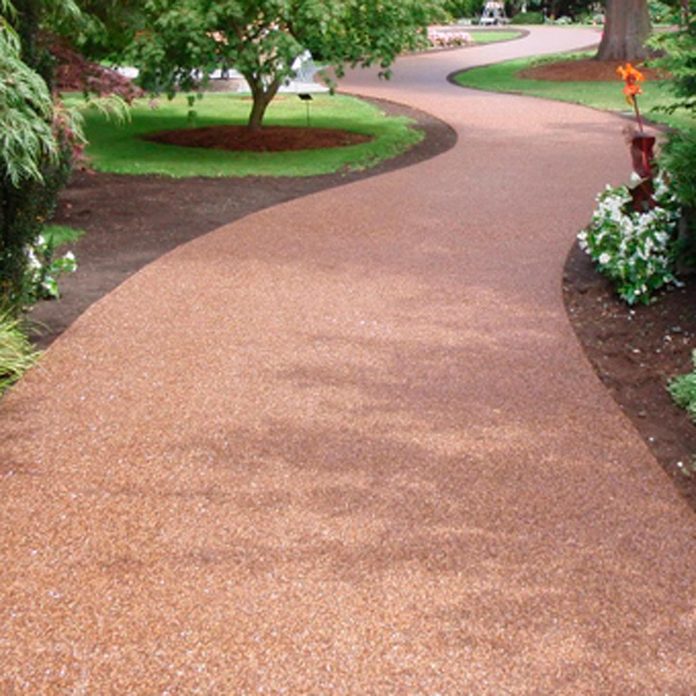Whether it's a pair of tattered jeans, a landfill-bound glass bottle or a bald tire, post-consumer waste is a massive problem. But more and more companies are taking out the trash...by upcycling it into new, durable, cost-effective building materials.
Our editors and experts handpick every product we feature. We may earn a commission from your purchases.Learn more.

